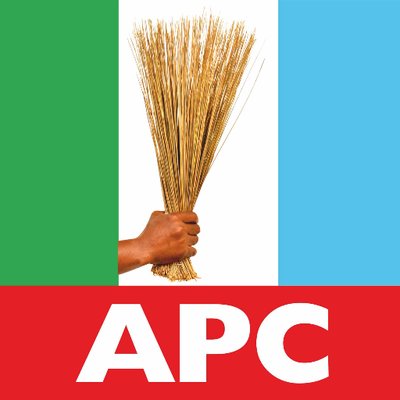The Independent National Electoral Commission (INEC) has sparked a heated debate with its proposed N125 billion budget for 2025, a non-election year. While INEC Chairman, Professor Mahmood Yakubu, justified the request as essential for operational costs and preparations for the 2027 general elections, opposition parties have expressed skepticism and criticism, citing concerns about potential misuse of funds and the need for cost-cutting measures.
The Peoples Democratic Party (PDP) has vehemently condemned the budget proposal, labeling it “reward money” for officials involved in electoral misconduct. They question the justification for such a substantial sum, particularly given the perceived failures of the 2023 elections despite significant prior funding. The PDP argues that INEC lacks the moral standing to request such a large amount, especially when other critical sectors face financial constraints. They emphasize the need for accountability and transparency in the allocation and utilization of public funds, urging a thorough investigation into INEC’s spending practices.
The New Nigeria Peoples Party (NNPP) has echoed the PDP’s concerns, calling for fiscal prudence and cost-cutting measures. They question the rationale behind such a large budget in a non-election year, urging a thorough review by relevant authorities, including the National Assembly. The NNPP suggests innovative cost-saving strategies, such as collaborating with banks to integrate voter registration with account opening processes, thereby streamlining operations and reducing expenses. They advocate for a more efficient and economical approach to electoral management, emphasizing the importance of maximizing resources and minimizing unnecessary expenditures.
Conversely, the African Democratic Congress (ADC) and the Labour Party (LP) have adopted a more understanding stance, acknowledging the complex and demanding nature of INEC’s responsibilities. They argue that INEC, as a crucial democratic institution, requires adequate funding to effectively manage elections and ensure the integrity of the democratic process. They point to the challenges posed by the behavior of some politicians, which often burdens INEC with additional tasks and costs, such as managing election-related litigations and addressing security concerns. They emphasize the importance of investing in INEC to strengthen its capacity and enhance its ability to conduct credible and transparent elections.
The LP, while supporting the need for adequate funding, stresses the importance of INEC demonstrating efficiency and ensuring credible elections. They argue that the public’s skepticism stems from INEC’s recent performance, emphasizing that the justification for the budget lies in the demonstrable improvements in the electoral process. They advocate for a performance-based approach to funding, where INEC’s budget is linked to its ability to deliver credible and transparent elections.
The ruling All Progressives Congress (APC) has urged caution and a more nuanced approach to the issue. They advise against hasty judgment, emphasizing the need to carefully examine the breakdown of the budget proposal before drawing conclusions. They highlight the multifaceted nature of INEC’s responsibilities, which extend beyond election conduct to include voter registration, party monitoring, and other crucial tasks. They call for a comprehensive understanding of INEC’s operational needs and a balanced approach to funding decisions. The APC emphasizes the importance of supporting INEC in fulfilling its mandate and strengthening the democratic process.
In conclusion, the INEC’s proposed N125 billion budget for 2025 has generated a wide range of reactions, with opposition parties expressing strong reservations and concerns about potential misuse of funds and the need for cost-cutting measures. Conversely, some parties recognize the complexities of INEC’s responsibilities and the need for adequate funding to ensure credible elections, while also stressing the importance of accountability and demonstrable improvements in performance. The ruling party advocates for a thorough review of the budget breakdown and a more nuanced approach to the issue, emphasizing the importance of supporting INEC in its critical role in upholding the democratic process. The debate highlights the ongoing tension between the need for adequate resources to conduct free and fair elections and the imperative for fiscal responsibility and transparency in the use of public funds.














